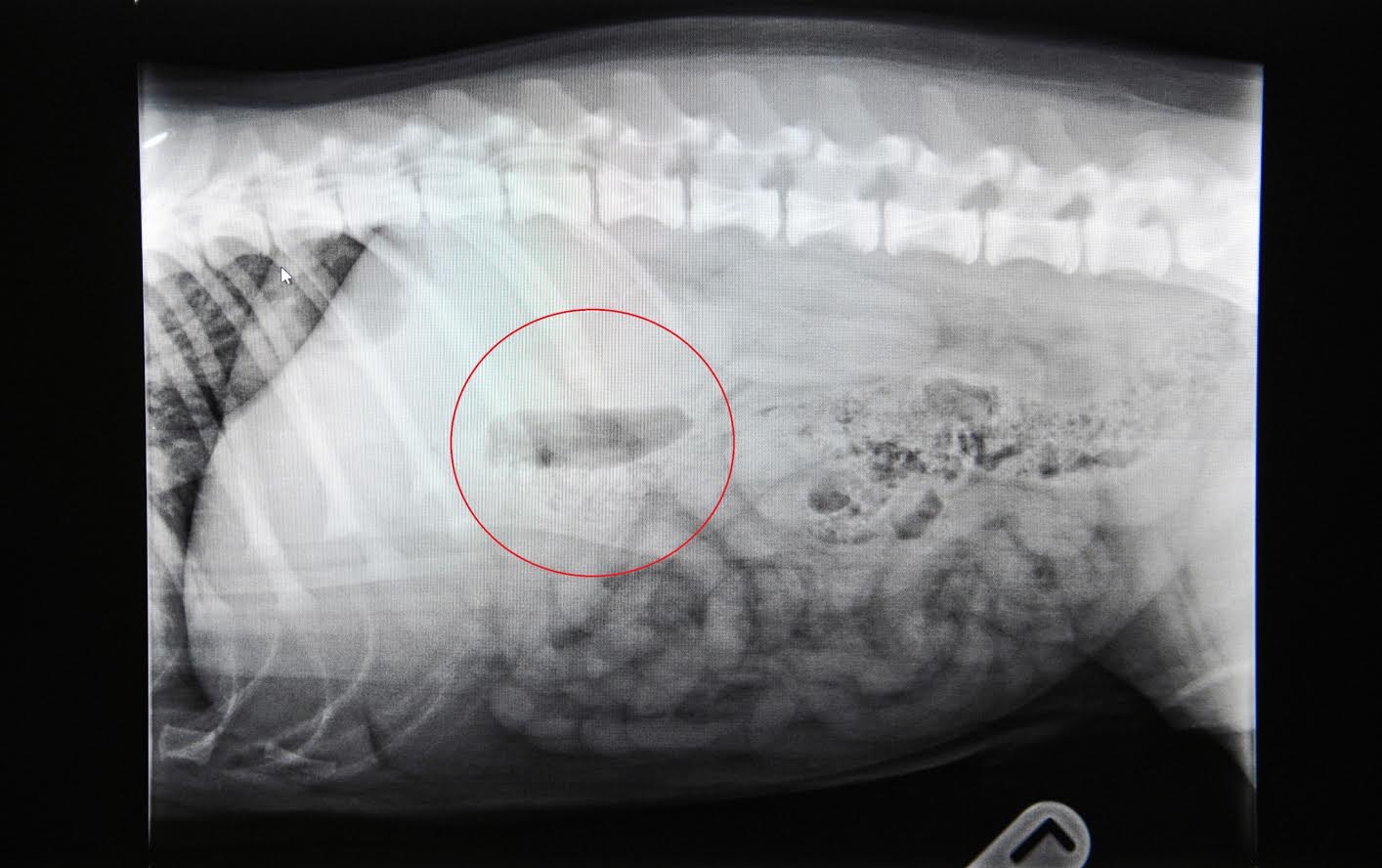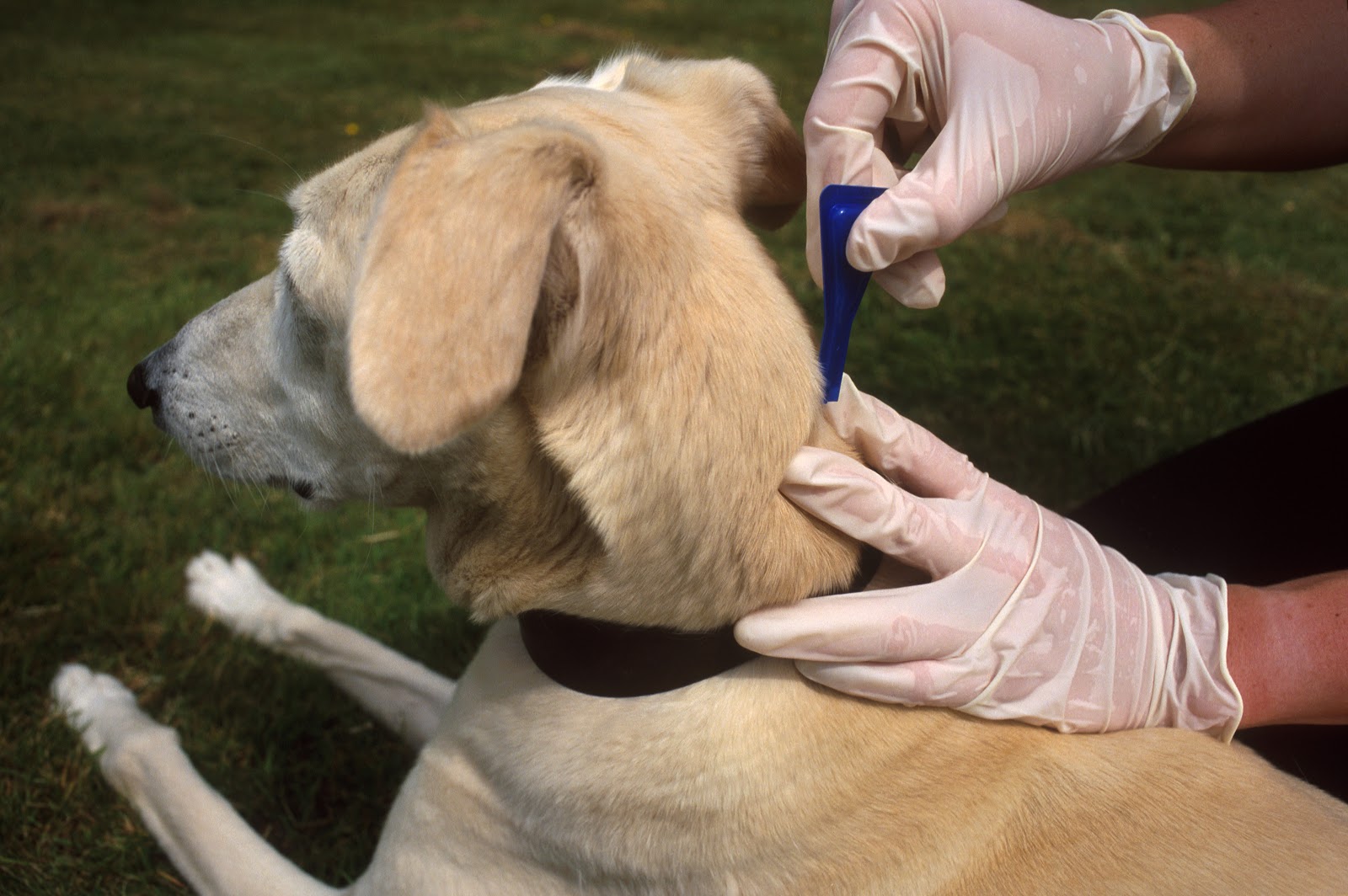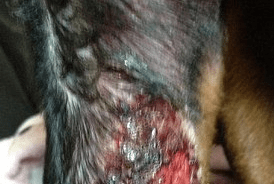It is not unusual for one of my clients to be utterly stunned when they learn that their dog or cat’s weight has topped the scale either up or down. Why didn’t they notice the change? It’s because it often develops over time, day by day, right in front of their eyes.
A rise in excess fat may be due to the obvious. Way too many goodies eaten and not enough exercise. In case you believe that you are practicing good portion control, over nutrition may easily occur. A cup of food to one person is not ample to the next. So they give a little more. You only offer `a’ treat, while the next overly generous member of the family offers two or three. Extra calories add up very quickly. Did you know that a one pound weight gain for a Chihuahua is similar to a one hundred and twenty five pound woman gaining thirty one pounds?
There are also several fewer blatant explanations for an expansion in a pet’s waist-line. Hormonal disorders for example an underactive thyroid,( hypothyroidism) or an overactive adrenal gland causing hyperadrenocorticisim,(Cushing’s disease), can affect metabolic rate. Neutering also has metabolic repercussions. Research has shown that when a pet undergoes a castration or an ovariohysterectomy (spay), the rate at which they burn energy is diminished by nearly a third A neutered pet still incurs many more positive effects than the unfavorable so I remain a strong proponent of these surgical procedures.
Advancing age can certainly be the reason for your four-legged friend packing on the fat. As we grow older we will drop lean muscle mass. Muscle demands a large amount of energy levels to be able to perform properly. Lower muscle mass requires less requirement for calories. Don’t be misled into feeding your pet the same amount you did when it was younger and carried the same weight. Its energy needs have scaled downwards.
A rise in weight can pose serious health dangers for your pet. An overweight pet can have breathing difficulties, a compromised immune system, be at increased danger with regard to anesthesia, grapple with skin disorders, and experience with pain from overburdened joints or spinal disc disease. Studies have revealed that fat pets age faster and have a lowered quality of life.
Weight reduction can be just as serious. You may believe that your cat has discovered the fountain of youth. It is eating more food, racing around like a kitten and is slimming down. In fact, your kitty may be a victim of an overactive thyroid. If left untreated, high blood pressure, sudden blindness and cardiac problems may ensue.
Illnesses that include diabetes mellitus, digestive ailments, liver failure, cancer and also dental disease can cause your pet to suddenly lose weight and condition.
How can you tell if your pet is healthy? As your pet is standing, you ought to find an indentation after it’s ribcage. Place your hand on the side of its chest and with gentle pressure, you should be able to feel the ribs. If you are pinching an inch, it is obese. If the ribs are very overly notable, your pet may be under weight. What kind of food and how much is correct for your pet’s stage of life? Your veterinarian is best trained expert to help with making these types of determinations along with your assistance. However things can change. Make a twice yearly wellness assessment for your pet. This basic act may improve the odds that your dog or cat will grow older successfully.
Enter your email and never miss out on receiving our best articles:








